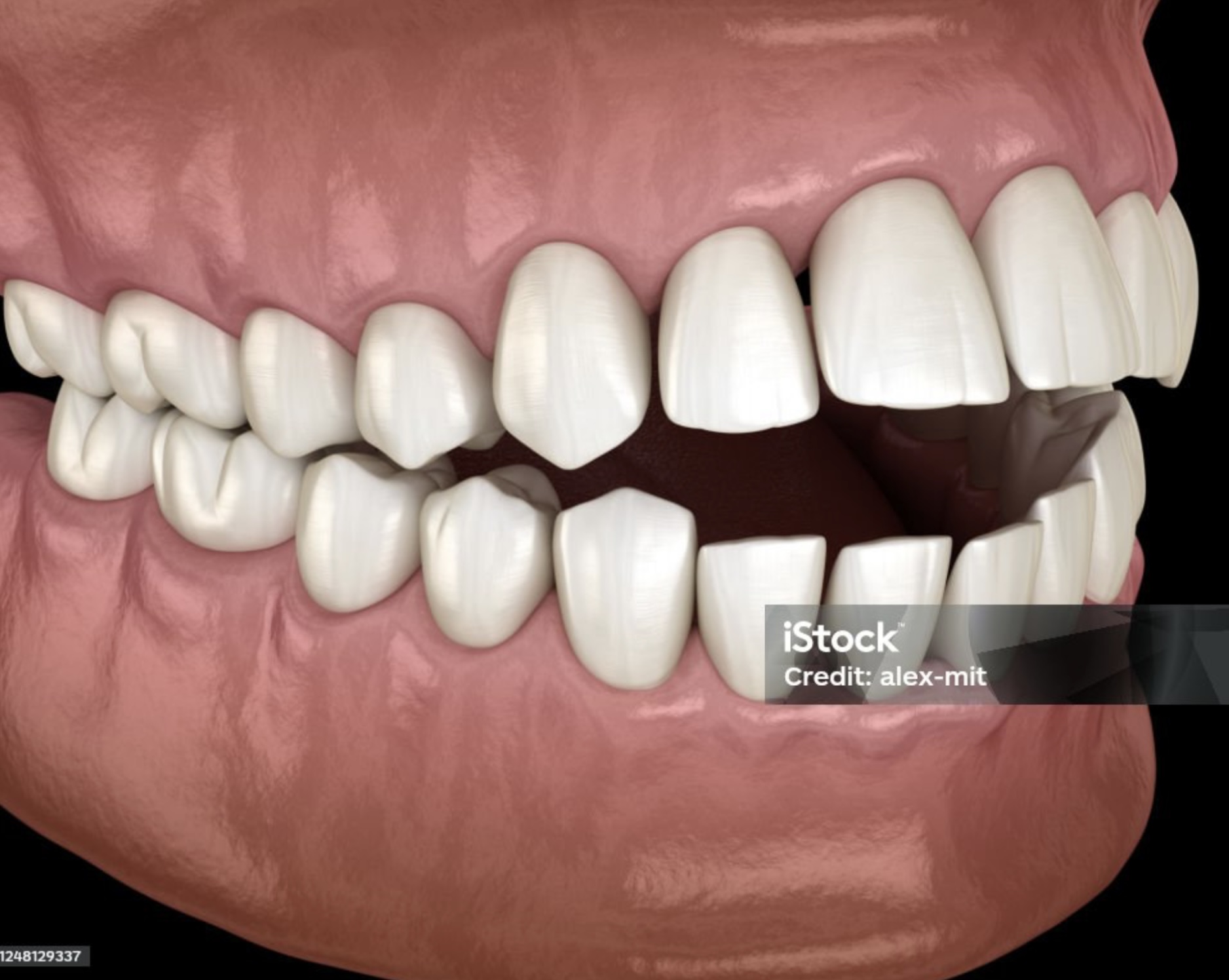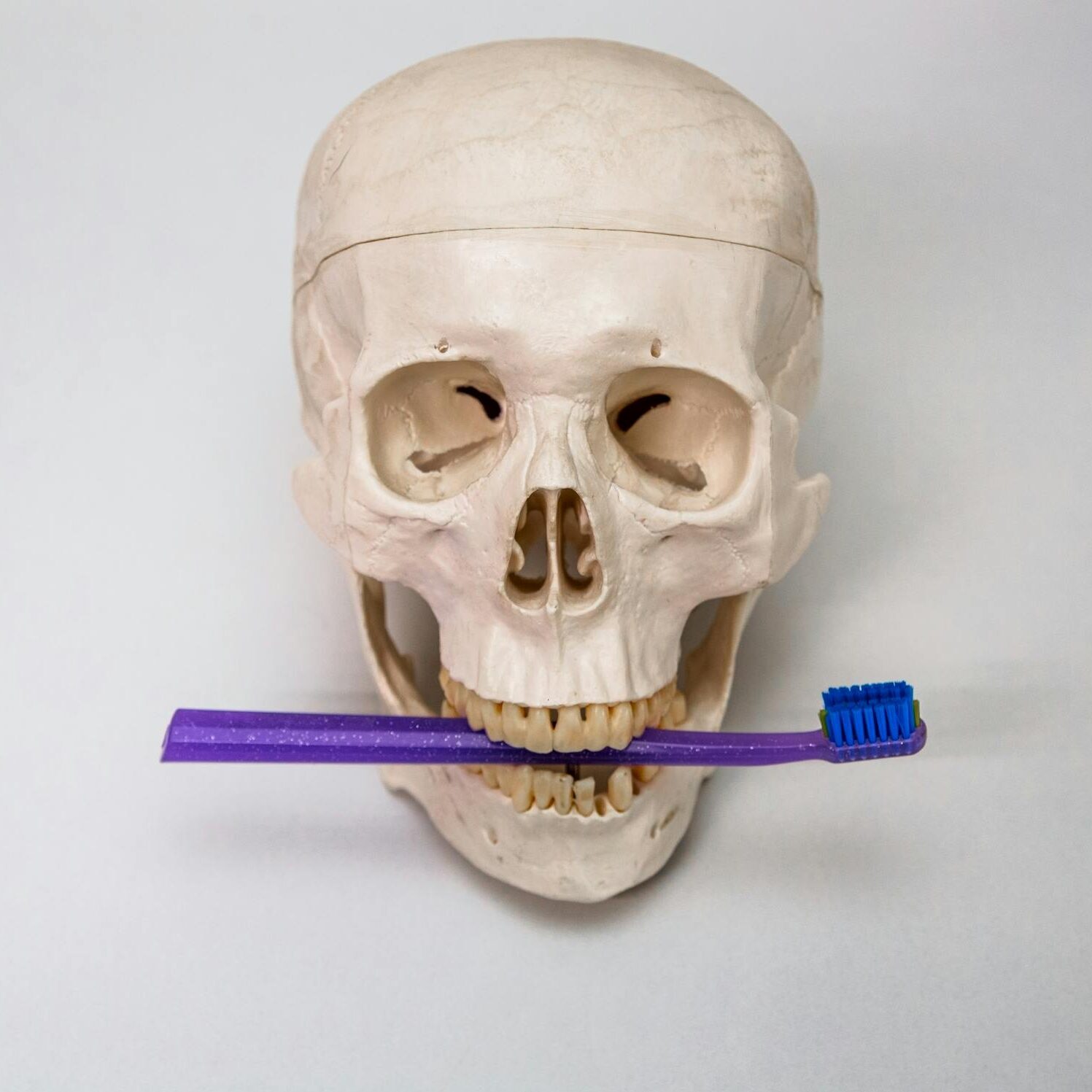Thumb sucking and pacifier use are common self-soothing behaviors in infants and young children. Both habits are natural and generally harmless during early childhood, but extended use can lead to dental and developmental concerns if they continue for too long. Here’s an overview of both habits, including benefits, potential effects, and tips for helping children stop.
BENEFITS OF THUMB SUCKING AND USE OF PACIFIERS:-
- Comfort and Security: Both habits provide comfort, especially during times of stress or discomfort.
- Reduced SIDS Risk: Some studies suggest that pacifier use during sleep may reduce the risk of sudden infant death syndrome (SIDS).
- Easy Soothing: Pacifiers and thumb sucking can help calm babies in unfamiliar situations or during transitions.
When to Stop Thumb Sucking and Pacifier Use
Ideal Age to Stop: Most experts recommend beginning to wean children off by age 3, with a strong push to stop completely by age 4. Prolonged use beyond this age may begin to impact dental and speech development.

Potential Effects After Age 4:
1–Dental Issues like :
*Tooth Misalignment: Extended thumb sucking may cause teeth to become crowded, develop gaps, or protrude outward. This misalignment not only impacts appearance but also makes it harder to clean teeth properly, raising the risk of cavities and gum disease.
*Open Bite: Prolonged thumb sucking can result in an open space between the upper and lower front teeth, even when the mouth is closed. This “open bite” can interfere with proper chewing and speech.
*Jaw Development Changes: The constant pressure from thumb sucking can affect jaw growth. This may cause the upper jaw to develop inadequately or the lower jaw to protrude forward, leading to facial changes and functional difficulties with biting and speaking.
2–Speech Impediments: In some cases, thumb sucking can contribute to speech challenges, like a lisp. This occurs because the thumb’s pressure on the tongue can alter how it positions to create certain sounds.
3–Social Interaction and Peer Relationships : Kids with noticeable dental issues like an open bite may face teasing or comments from peers, leading to embarrassment or social discomfort. Teasing about appearance can negatively affect friendships and make children feel isolated or unwilling to participate in social activities.
Tips to Help Children Stop Thumb Sucking and Pacifier Use
- Positive Reinforcement: Praise and reward children when they avoid thumb sucking or pacifier use. Use a sticker chart or small rewards to celebrate progress.
- Limit Pacifier Use Gradually: Start by restricting pacifier use to certain times, like bedtime, and then gradually eliminate it completely.
- Provide Alternative Comforts: Replace thumb sucking or pacifiers with other comforting items, like a favorite stuffed animal or blanket.
- Distract and Engage: Keep children’s hands busy with activities like toys, crafts, or playtime, which can naturally reduce thumb sucking.
- Offer Gentle Reminders: For older children, gentle reminders when they start thumb sucking can be helpful, especially if they are motivated to stop.
When to Seek Professional Help
If thumb sucking or pacifier use persists past age 4, it may be beneficial to consult with a pediatric dentist or pediatrician. They can offer guidance or tools, like thumb guards or behavioral techniques, to help your child break the habit and avoid potential long-term effects on their dental health.
By addressing these habits early and gradually encouraging children to stop, you can help support healthy dental development and ease the transition away from these self-soothing behaviors.
